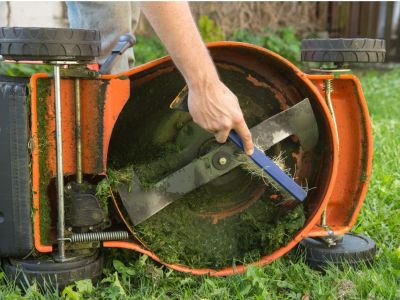Gardening in November is still in full swing, even though many of our vegetables, plants, and shrubs have stopped growing. There is the inevitable raking, still some mowing of the lawn, cutting back perennials, pulling annuals and more. Getting the garden tidied up will help prevent pest and disease issues in spring.
Making a Regional To-Do List for the Midwest
Gardeners in the Rockies may experience cold temperatures more quickly than those on the Plains, which means much of the cleanup may already be done. Even in the cold temperatures you can still continue to remove any spent plants or parts. If the soil isn’t frozen, it is a good time to install new trees and shrubs, as well as spring blooming bulbs. Tending to your stored harvest is paramount. Keep an eye on fruits and remove any that are going bad before they taint the entire stock. If you don’t experience regular precipitation, you will still need to water plants and lawns, especially pot bound plants.
Clean Up for the Rockies and Plains Region
One of the most important parts of gardening in November is cleanup. Keeping debris away from underneath your plants prevents overwintering insects and disease. Cleaning up downed fruit will help deter rodents and other critters attracted to the food. You can let leaves lie on the ground, but they are a very useful commodity. Mow them into lawns, bag them and use them as mulch around tender plants, add some to your compost pile. Cut back perennials if you wish, but many provide seasonal interest, or the foliage helps protect the plant. For example, many ornamental grasses produce interesting inflorescences that provide texture and may be helpful in feeding wild birds in winter.
November Gardening in the Northern Rockies and Plains
Clean up around roses but do not prune until FebruaryCut back perennials and divide if you need to, replanting each pieceUse mulch like bark or straw around sensitive plantsUse tree guards around young trees to protect them from deer, and chicken wire around other plants that might sustain damage from rabbits and other varmintsKeep watering as neededMow as neededDrain irrigation systems and hosesClean, sharpen and oil garden toolsMake sure pesticides, herbicides and other chemicals are stored where they won’t freeze
